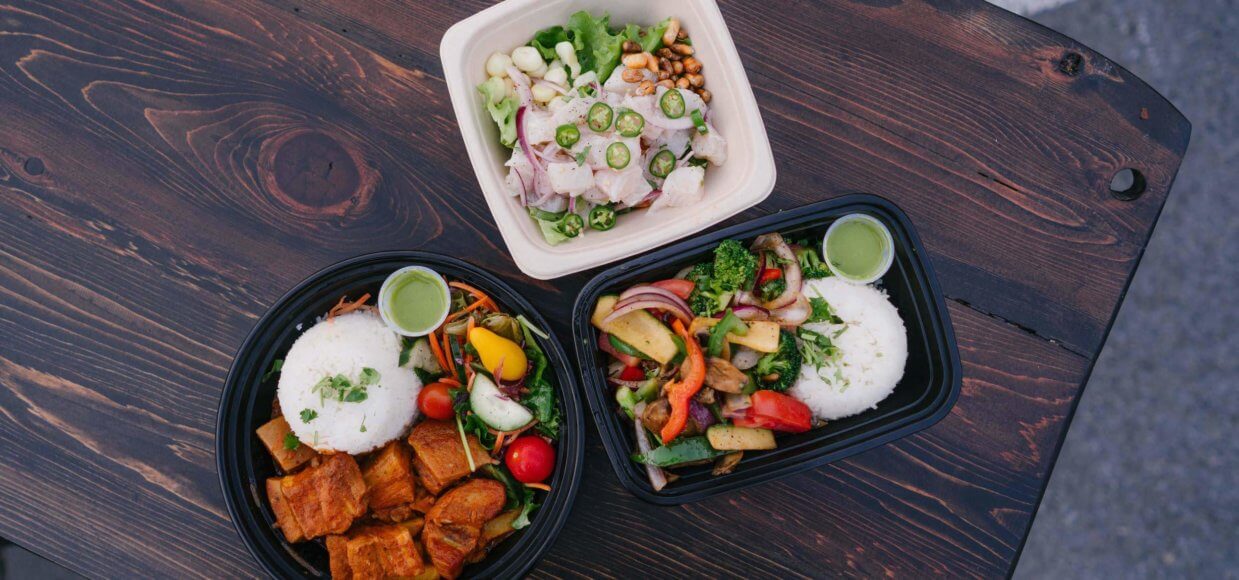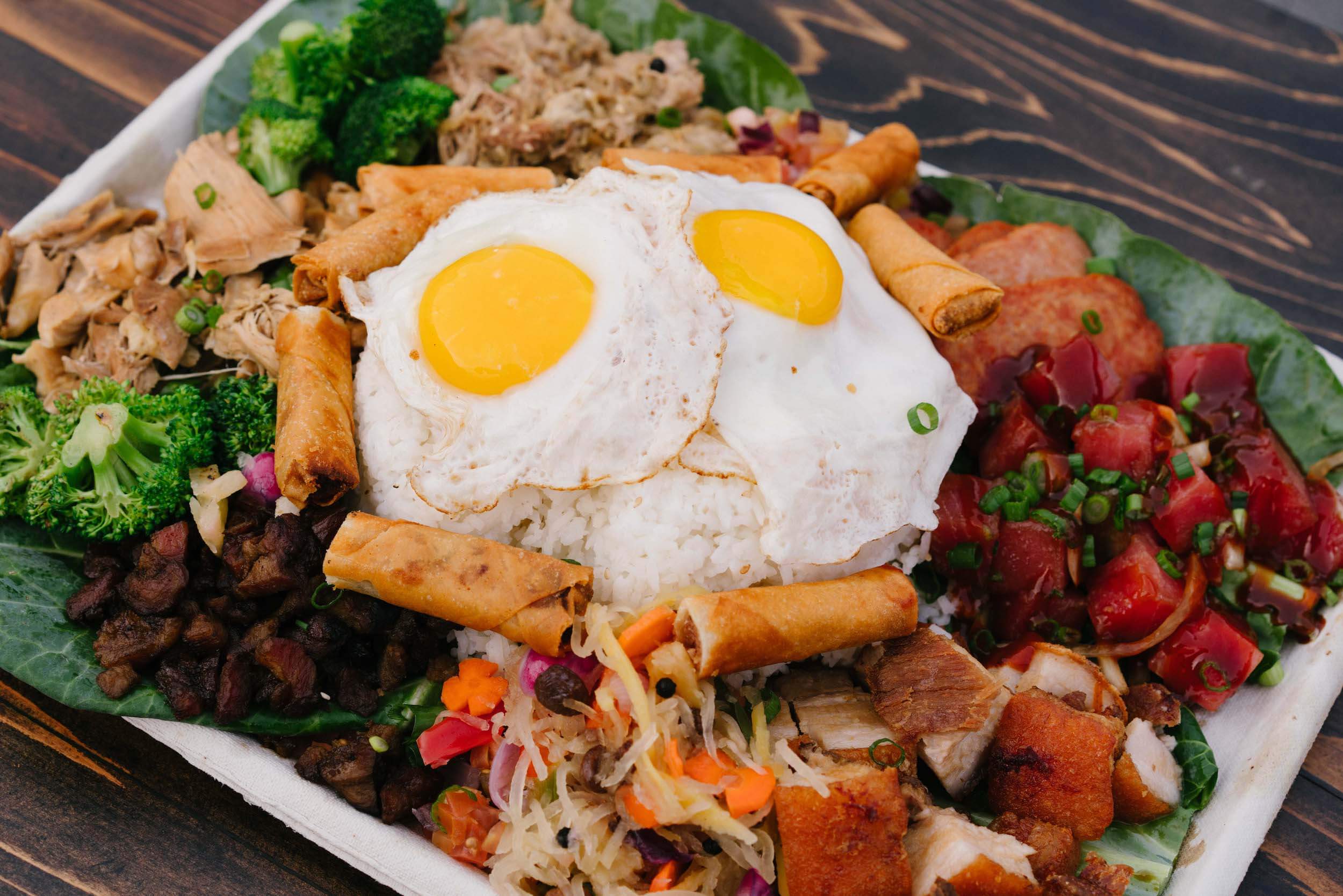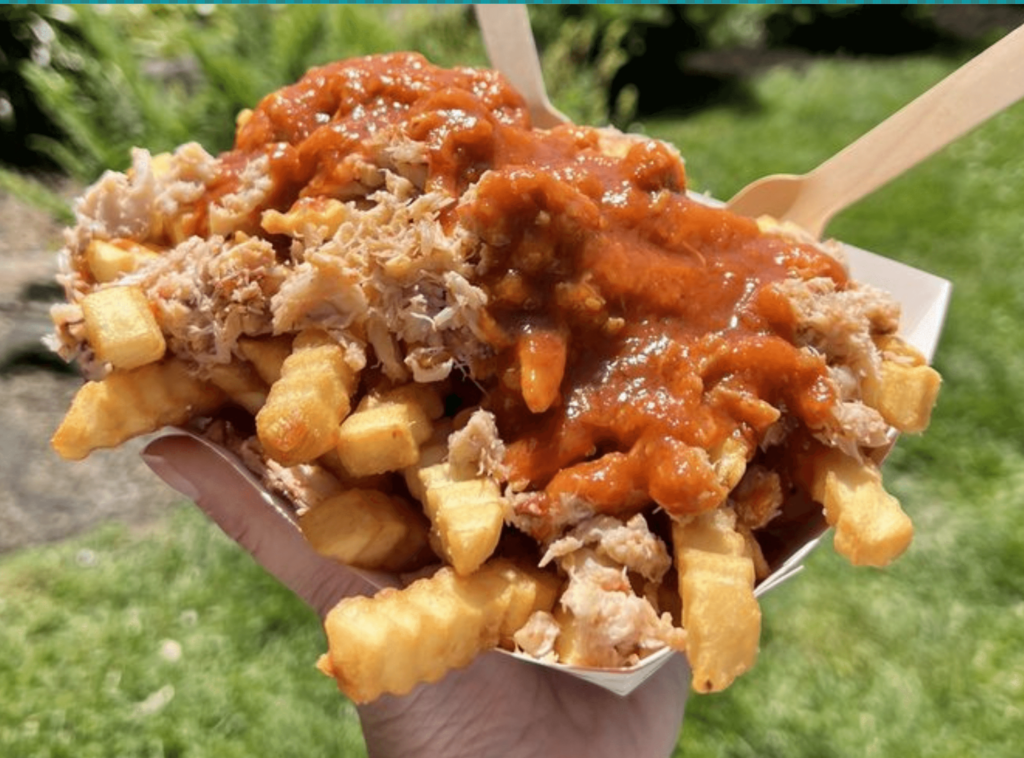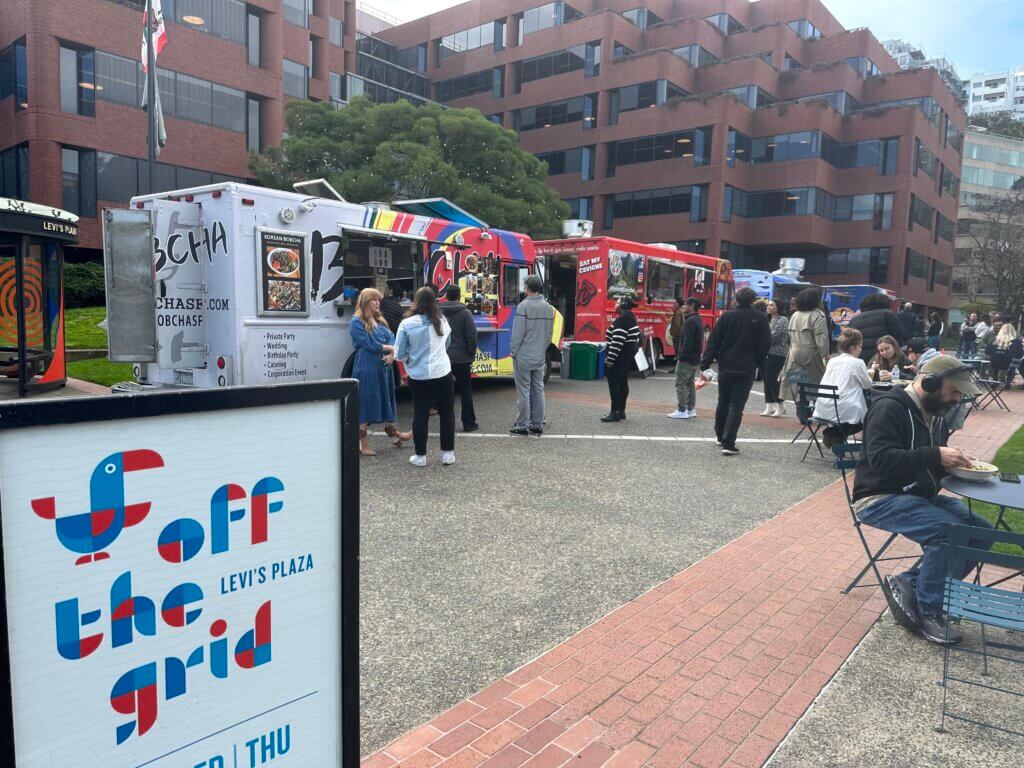
Have you ever wondered why eating can feel so comforting and enjoyable? Whether it’s eating a delicious, cheesy slice of pizza or consuming a hearty, crunchy salad, every meal you eat induces a significant release of endogenous opioids (better known as endorphins) to your brain.
From the beginning of human existence, food has been a crucial source of energy for basic functionality, as well as for evolution. According to National Geographic, “Eating meat is thought by some scientists to have been crucial to the evolution of our ancestors’ larger brains about two million years ago.” According to paleoanthropologist Leslie Aiello, human bodies burn calories 27% faster than other primates, supplying our bigger, energy-hungry brain cells with the fuel they need to function at a higher complexity. Even when resting, the human brain requires 20% of a human’s energy; by comparison, an ape’s brain requires only 8%. What does this mean? It means that humans need more food, with more energy, and we need it frequently.
Not only does it provide the energy that our bodies need to function on a daily basis, but food has also long been used for medicinal purposes—providing health benefits that boost immunity and overall mental wellness. According to Time Magazine, the nutrients in foods have been proven in numerous studies to support and improve health outcomes. For example, the vitamin C in oranges can increase the production of immune cells in the body, improving general immunity as well as the ability to fight autoimmune diseases like lupus. Likewise, the omega-3s found in fish oil can inhibit cancer tumors’ ability to grow new blood vessels. The list goes on and on, with food harnessing enormous power to make us healthier and help us stay healthier in the future.
Beyond supporting our physical wellbeing, food can have a significant impact on our moods, and has the ability to improve our mental wellness. The shift from “diet to delight” has been noted as early as the 15th century, when humans began noting and documenting the pleasures that food could bring. Whereas the concept of “eating for pleasure” had previously been unknown, shifting societal standards has allowed humans to, for the first time, really explore and play with the concept of preparing food for more than the sake of necessity.
We now know that our drive to enjoy food comes from more than just a basic survival instinct: nutrients in the food we eat can promote the production of feel-good chemicals, including serotonin and dopamine. According to BBC Food, serotonin regulates your mood and promotes sleep, and dopamine manages feelings of motivation, attention, and emotional reward. When you consider all of these impacts, it’s clear that food plays a major role in our daily emotions and wellbeing.

In this day and age, we are extremely fortunate to have such diversity in the food we can eat, with endless combinations we can pair together to create the most delectable meals we can imagine. Food is a common tool used to create great feel-good occasions and joy around the world.
As we navigate the world-wide COVID-19 pandemic, we should remember that food can be a welcomed friend during these somber times. Whether it’s eating a home-cooked meal, ordering takeout from your favorite local restaurant, or donating a meal to someone in need, food can be just the gift you’re looking for.
How can you feel good with food?
Learn how you can give the gift of food to your employees
Give a meal through Off the Grid’s employee meal fund
Purchase food from local Off the Grid food creators
Have questions about how Off the Grid can help during COVID-19? Contact us here.
Authored By: Ashleigh Bilodeaux, Director of Marketing Off the Grid
References:
https://www.nationalgeographic.com/foodfeatures/evolution-of-diet/
https://www.onhealth.com/content/1/immune_system_boosting_foods
https://www.sydney.edu.au/news/84.html?newsstoryid=7695



